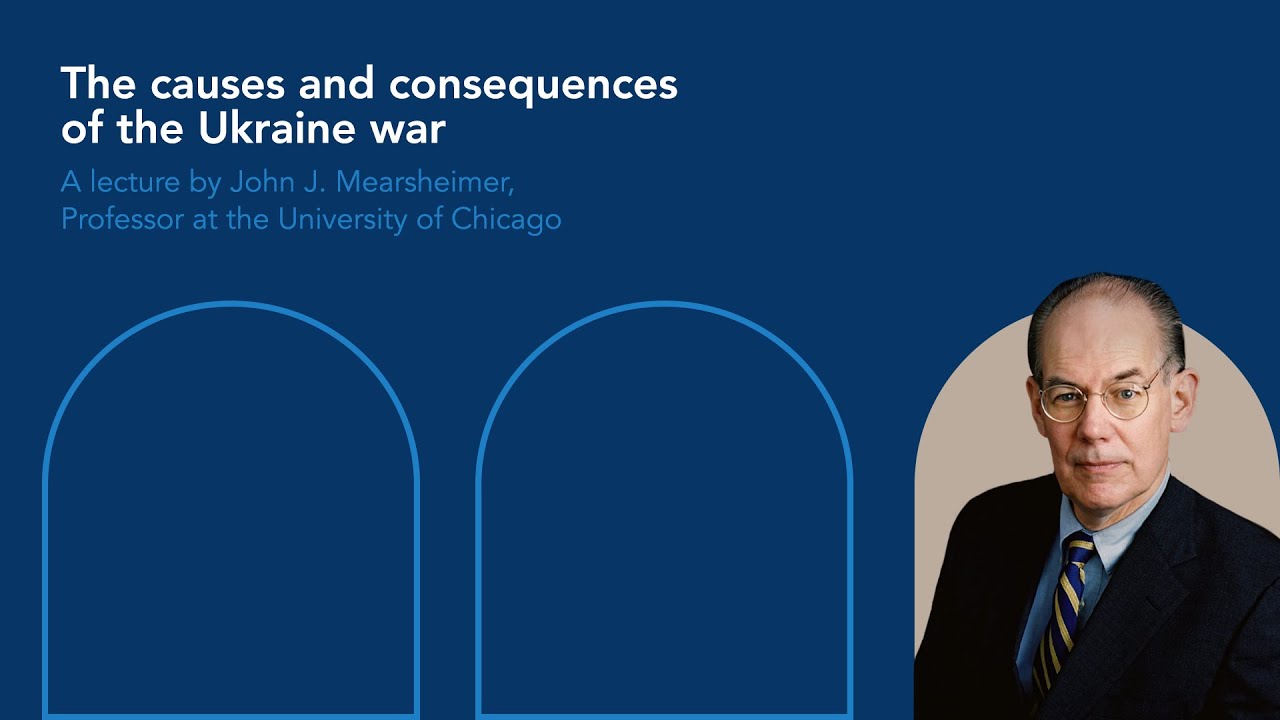Watching Our Betters stumbling ever closer towards an entirely unnecessary global thermonuclear war led me back to an earlier perspective on world war and its consequences – H. G. Wells’ 1908 novel “The War in the Air”, ISBN 9781785435416. It has been a long time since I read anything by Wells. He is a much better writer than I remembered.
This novel begins in something close to England of the early 1900s, but with a few H. G. Wells twists. Monorails have largely replaced the old-fashioned railways. The Wright Brothers have achieved heavier-than-air flight in America, but the hot interest is a flamboyant English inventor who has developed something akin to a helicopter, and is assiduously seeking to sell his invention to the highest bidder.
The story begins in a rather humorous style. Wells’ protagonist is a Cockney “likely lad”, Bert Smallways, son of greengrocer Tom Smallways. Bert is a partner in a marginally-successful bicycle rental shop and moons after the lovely Edna. Through a series of comic misadventures, young Bert finds himself in Germany at a secret airship base – and is mistaken for the English inventor. Bert is snatched up by the German Prince who has been planning for war in the air. Wells observes the impact of technology – it takes about 4 years to build a battleship, whereas the Germans can turn out an airship in only 4 weeks; without most of the world noticing, the Germans have built a substantial fleet. The German air fleet, with Bert unwillingly aboard, immediately launches on a bold attack on the United States.
As the German airships cross the Atlantic, the tone of the novel changes from comic to serious. The airships come across the US Navy’s Atlantic fleet, and destroy the battleships in vicious fighting. The surviving German airships continue to New York City and quickly bomb the city fathers into submission. But securing the surrender of the people is much harder than securing the surrender of their leaders.
The German attack is complicated by the sudden appearance over America of a previously unknown fleet of Chinese airships which attack both the Germans and the Americans, spreading devastation all around. Bert finds himself stranded on Goat Island in the Niagara Falls with a now murderous German Prince. Bert manages to survive, and eventually makes contact with a group of American partisans. “Bert sat in the background … listening. Before his staggering mind passed strange vast images as [the partisans] talked, of great issues at a crisis, of nations in tumultuous march, of continents overthrown, of famine and destruction beyond measure”.
It takes 5 long years for Bert to get back to England in search of his Edna, to find a land ruined by war. By the time he reaches home, the formerly cheerful Bert has become a cold-blooded killer.
Then Wells’ novel changes tone again. He jumps forward another quarter of a century to a discussion between Bert’s aged father Tom and Bert’s youngest son, in which Tom tries to explain to the boy what life was like before the war. But the chasm was too wide, since the small number of remaining Londoners had been re-primitivized to the state of a barbaric peasantry, but “without any of the simple arts a barbaric peasantry would possess”. They had lost the knowledge even of how to make textiles, and clothed themselves only by looting the ruins which surrounded them. The war had destroyed civilization and its good life; Tom concludes that the war should never have begun:
“… somebody somewhere ought to have stopped something, but who or how or why were all beyond his ken”.
World War I, which started 6 years after the publication of Wells novel, was in a sense the last civilized war – one in which there was a distinction between the military who fought on the front lines and the civilians who kept the home fires burning. Wells was correct that War in the Air would dissolve that distinction and make everyone a target and a combatant, as we saw in World War II. The development of missiles post World War II has only served to guarantee that everybody will be on the front lines in any future wide war.
